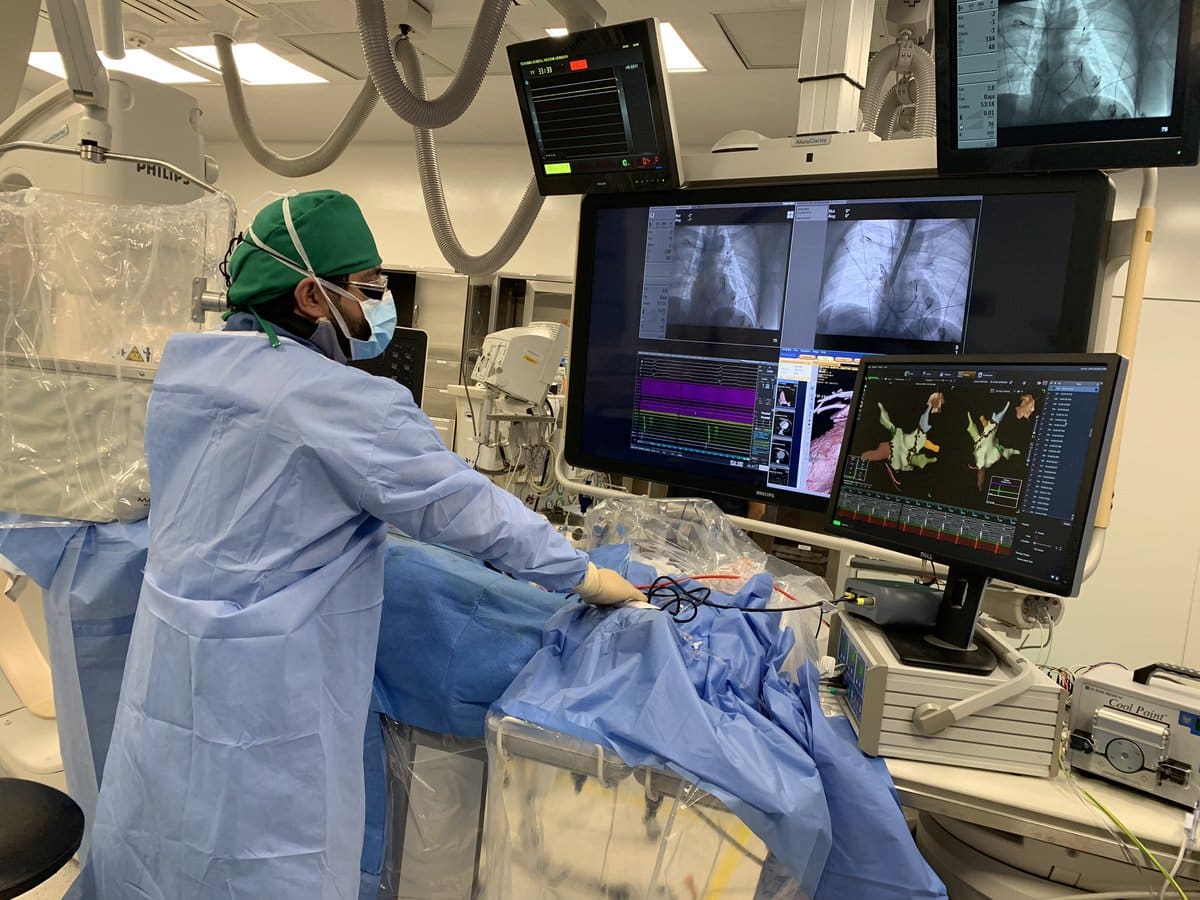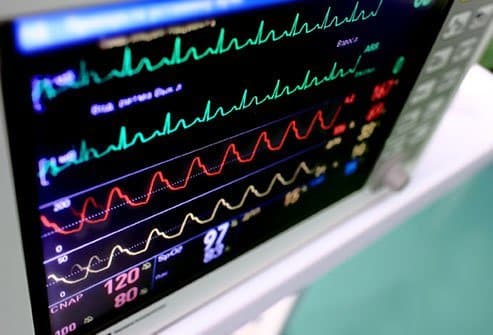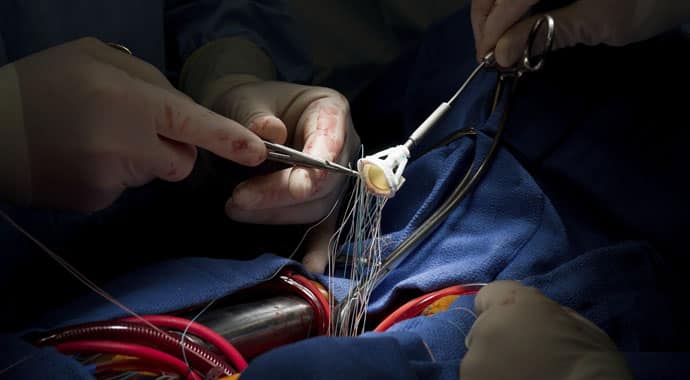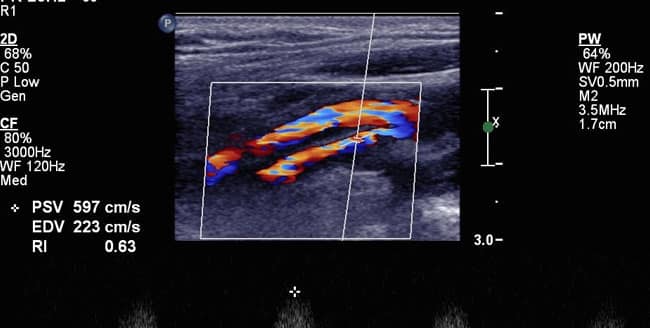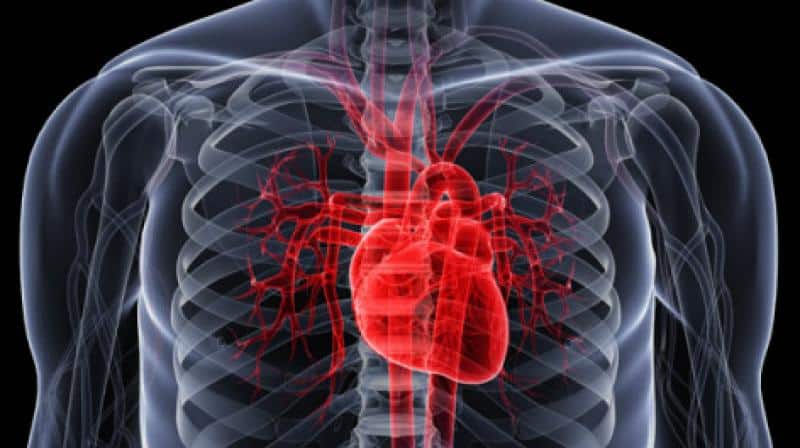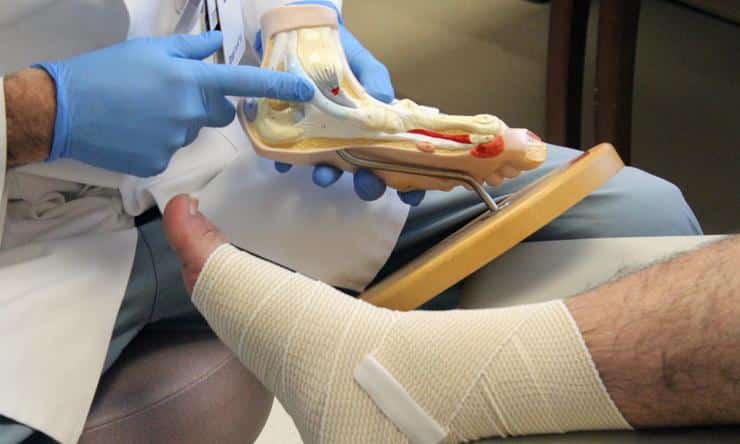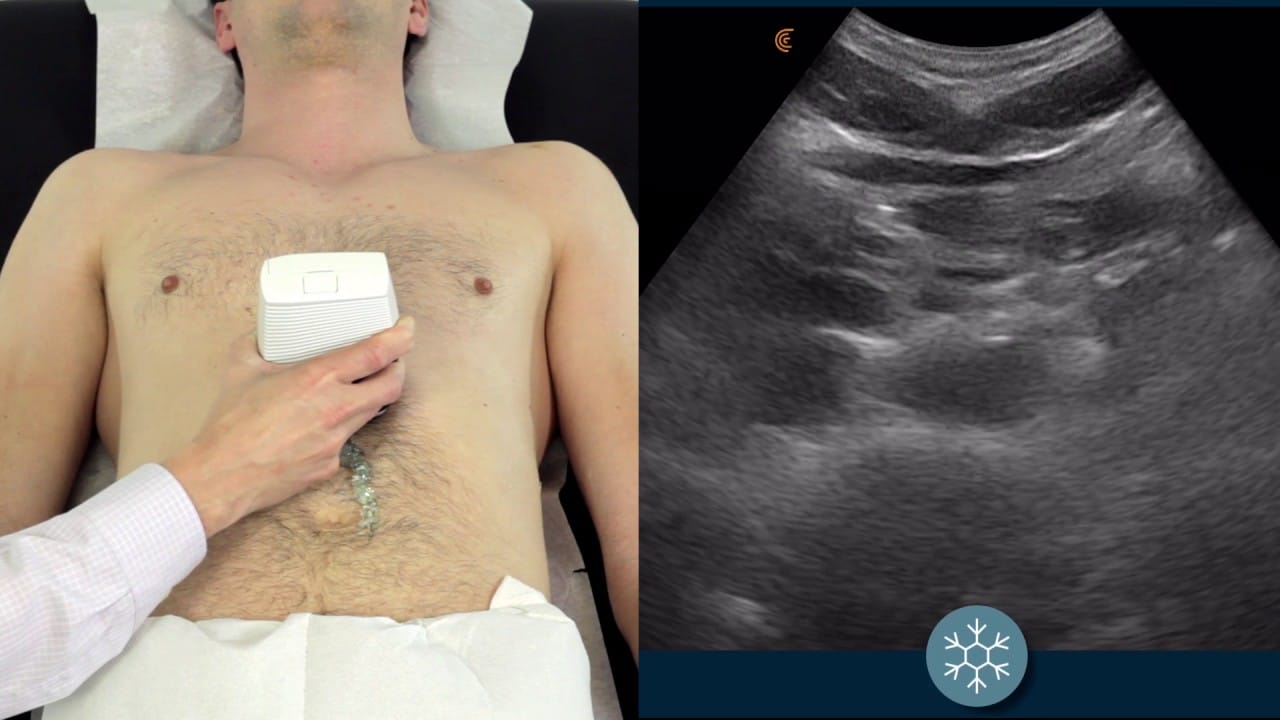Peak Heart & Vascular
Multispecialty Cardiovascular Group located in Laveen, Surprise, Avondale, Phoenix, and Flagstaff, AZ
If you experience a racing heart, flutter, or your heart seems to skip beats, it could indicate a condition called atrial fibrillation. This condition isn’t usually dangerous on its own, but it can increase your risk for a stroke, heart failure, and other severe conditions. The skilled team at Peak Heart & Vascular can diagnose and treat atrial fibrillation and flutter so you can avoid long-term health complications. To schedule an appointment with an experienced provider, call the Laveen, Surprise, Avondale, Flagstaff, or Phoenix, Arizona, office today, or book online.
Atrial Fibrillation and Flutter Q & A
What is atrial fibrillation?
Atrial fibrillation describes a type of arrhythmia, or irregular heartbeat, in which the upper chambers of the heart, or atrium, become out-of-sync with the ventricle, or lower heart chambers. Atrial fibrillation usually causes an elevated heart rate and may cause additional symptoms such as:
- Heart flutter
- Fatigue
- Shortness of breath
- Dizziness or lightheadedness
- Chest pain
Atrial fibrillation usually isn’t life-threatening, but it can increase your risk for severe complications, including blood clots, stroke, and heart failure. If you’ve experienced an occasional episode, you might not need medical treatment; however, frequent episodes and atrial fibrillation that doesn’t stop on its own require evaluation and treatment from a trusted expert at Peak Heart & Vascular.
What is a heart flutter?
Heart palpitations, also called flutter, describe a symptom that may arise due to atrial fibrillation or another type of arrhythmia. Stimulants like caffeine, certain medications, stress, anxiety, and panic attacks may also cause palpitations. They can feel like your heart beats too fast, skips a beat, or pounds.
While not a serious condition on its own, heart palpitations can indicate an underlying arrhythmia, so if you frequently experience flutter, you should have a medical evaluation.
What causes atrial fibrillation?
“Lone atrial fibrillation” describes atrial fibrillation that doesn’t have an apparent cause. Underlying health conditions can also contribute to atrial fibrillation, such as:
- Hypertension (high blood pressure)
- Coronary artery disease
- Abnormal heart valves
- Congenital heart defects
- Heart attacks
- Viral infections
- Sleep apnea
- Thyroid disease
- Pulmonary conditions
Similar to palpitations, stimulants like caffeine, tobacco, alcohol, and some medications can also cause atrial fibrillation.
What are the available treatments for atrial fibrillation and flutter?
When you see your provider at Peak Heart & Vascular for atrial fibrillation, they recommend a treatment based on your personal health history and symptoms. Your doctor may perform a safe, in-office procedure called electrical cardioversion, which uses an electric current to reset your heart’s rhythm.
Medication can also reset your heart rhythm, and your provider may prescribe daily medication to keep your condition under control. If medication doesn’t help, your doctor may recommend a pacemaker or an ablation procedure. The providers at Peak Heart & Vascular have the highest level of expertise with performing ablations for atrial fibrillation and flutter.
If you have concerns about heart flutter and other atrial fibrillation symptoms, schedule an evaluation with a caring medical expert at Peak Heart & Vascular right away. Call the office today, or request an appointment online.

